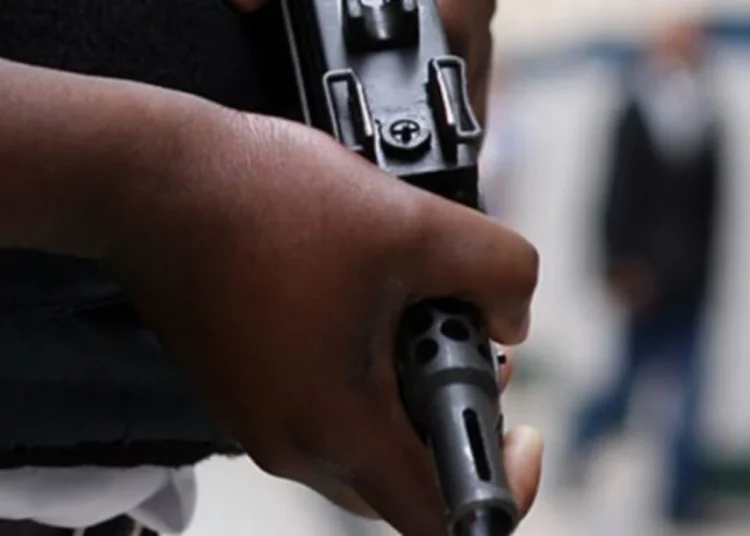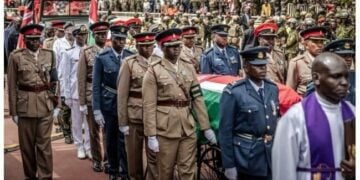The United Kingdom has announced sweeping changes to its firearms licensing system, with tougher measures targeting individuals with histories of violence or domestic abuse.
The new guidance, unveiled on Tuesday, was a direct response to a string of deadly shootings in recent years, including the high-profile cases in Woodmancote (2020), Plymouth’s Keyham area (2021), and most recently Luton (2024).
Under the new rules, police officers will be required to conduct rigorous background checks, including interviewing partners or household members of firearms licence applicants to assess risks of domestic abuse or violent tendencies.
Authorities will also be expected to investigate any history of dishonesty, including failure to disclose relevant medical conditions.
“Only those who meet the highest standards of safety and responsibility should be permitted to use shotguns or firearms,” said Policing Minister Dame Diana Johnson. “It is crucial that police have full information about the suitability of all applicants for these lethal weapons.”
LEADERSHIP reports that the policy shift followed the inquest into the 2021 Plymouth shooting, where 22-year-old Jake Davison killed five people including his mother and a three-year-old girl before taking his own life.
The inquest concluded there had been “catastrophic failures” in the licensing system, which had allowed Davison to legally possess a shotgun despite a documented history of violence.
Similarly, in 2020, Robert Needham used a legally owned shotgun to kill his partner, Kelly Fitzgibbons, and their two daughters, Ava and Lexi, in their West Sussex home.
Investigations revealed that Needham had obtained a licence despite concealing a history of depression and work-related stress.
Emma Ambler, Fitzgibbons’ sister, cautiously welcomed the changes but urged the government to go further.
“There’s still some way to go,” she said. “I still believe that holding a gun licence is a privilege and not a right. The priority has to be the safety of society, and it’s so important to stop these extremely dangerous weapons falling into the wrong hands, which these changes will go some way to doing.”
One notable amendment will bring shotgun licence requirements in line with other firearms by mandating two referees instead of one for all new applicants.
The urgency of the reform was reinforced by more recent tragedies. In 2024, 19-year-old Nicholas Prosper murdered his mother and two siblings in Luton using a shotgun and 100 cartridges he had purchased after forging a firearms licence. He was sentenced to life imprisonment with a minimum term of 49 years earlier this year.
Dame Diana Johnson stressed the importance of continued vigilance, “The events in Woodmancote in 2020, Plymouth in 2021, and other cases provide a tragic reminder of what can happen when these weapons are in the hands of the wrong people. We must do everything we can to protect the public.”
Further reforms may be on the horizon, with the Home Office set to launch an additional consultation later this year. That review is expected to explore tougher controls on shotgun ownership and examine the regulation of private firearms sales.
Campaigners and victims’ families said the moves were long overdue and vital to ensuring that gun ownership in the UK remain tightly controlled and rooted in public safety.





